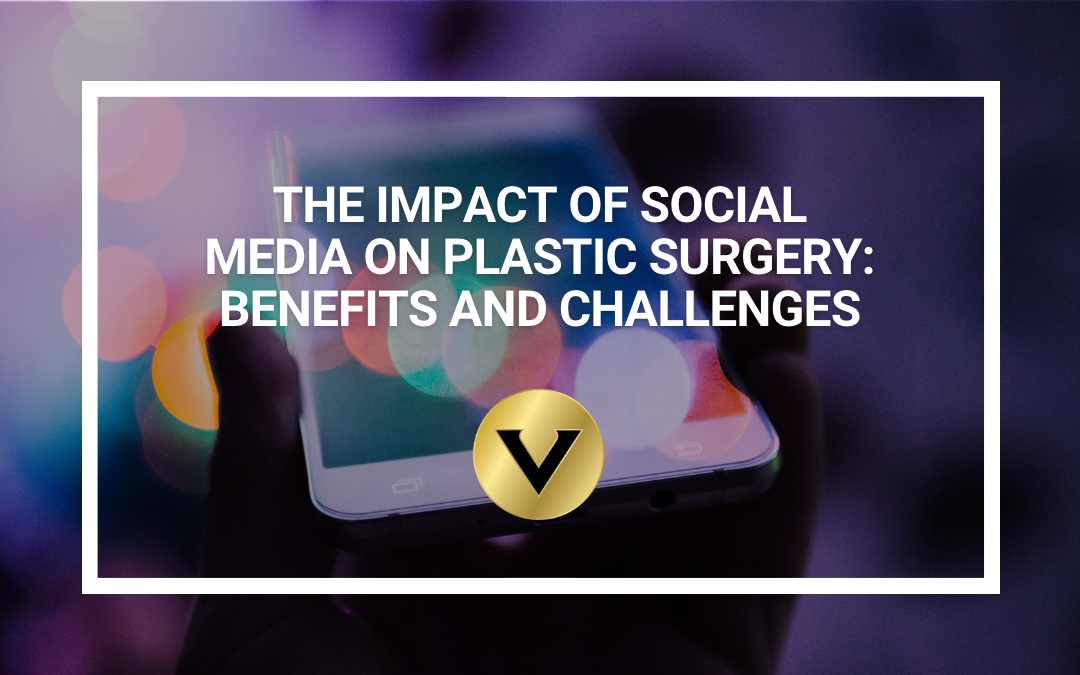Social media has become an influential platform in our lives, shaping trends, perceptions, and even influencing our decisions. When it comes to plastic surgery, social media has had a profound impact, both positive and negative. Understanding the benefits and challenges associated with the influence of social media on plastic surgery is crucial in navigating this evolving landscape.
One of the significant benefits of social media is its ability to provide education and awareness about plastic surgery procedures. Platforms like Instagram, YouTube, and TikTok offer a wealth of information through educational content, before-and-after photos, and patient testimonials. Patients can learn about different procedures, understand the potential outcomes, and even find reputable plastic surgeons in their area. Social media has helped demystify plastic surgery and has made it more accessible to a broader audience.
Moreover, social media allows plastic surgeons to showcase their work and build a strong online presence. Surgeons can share their expertise, display their skills, and provide valuable insights through educational posts and videos. This can help potential patients gain trust and confidence in a surgeon’s abilities. Social media platforms serve as a valuable marketing tool for plastic surgeons, enabling them to reach a larger audience and establish their reputation in the field.
However, the influence of social media on plastic surgery also comes with challenges. One significant challenge is the potential for unrealistic expectations. The heavily filtered and curated images on social media may create an idealized standard of beauty that is unattainable in reality. This can lead to individuals seeking plastic surgery with unrealistic expectations, hoping to achieve a flawless appearance like their favorite influencers or celebrities. Ethical plastic surgeons play a crucial role in managing these expectations, providing realistic information about outcomes and emphasizing the importance of individuality and natural results.
Another challenge posed by social media is the rise of unregulated cosmetic procedures. The accessibility of social media allows non-medical professionals to promote and offer cosmetic treatments without proper qualifications or oversight. This increases the risk of complications and subpar results. It is essential for individuals to exercise caution, thoroughly research the credentials of any practitioner, and seek consultations from board-certified plastic surgeons to ensure their safety.
Social media has had a significant impact on plastic surgery, offering benefits and challenges. It has facilitated education, awareness, and accessibility to procedures, allowing patients to make informed decisions. Plastic surgeons can utilize social media to showcase their work and reach a wider audience. However, the influence of social media also brings the risk of unrealistic expectations and the promotion of unregulated treatments. Responsible use of social media, combined with patient education and guidance from qualified plastic surgeons, is essential in navigating the impact of social media on plastic surgery and ensuring safe and satisfactory outcomes for patients.

